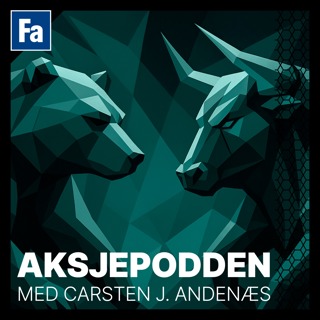
102: Religion, Politics, Culture etc.
When interviewing with a partner or associate from a different culture, it is very easy to say something which can offend a person. Our very own clients have said seemly innocent things only to have it blow up in their face much later, and sometimes in the interview. We have a strict rule of never discussing religion, politics, culture and ethnicity with clients. This avoids topics which can offend people if the wrong things are said. The issue is not about who right, since this is an issue of personal faith and rationality does not always work. It is best to avoid these topics.
7 Nov 201215min

101: Example of Poor Case Dialogue
Interviewers can only respond to what you say, and poor communication, like in this example, not only wastes time, but is a poor reflection on your candidacy. This is a crucial point to remember. No matter how brilliant you may be, if you cannot communicate that brilliance, and do so in a manner laymen would understand, your intellect counts for little in a case interview since it is all about demonstrated competency. You must demonstrate your competency. Period.
1 Nov 201211min

100: Reading Data Exhibits in 4 Simple Steps
The right way to read a graph in a case interview and a set of graphics, is not to look for each insight, but to extract the overall message. Most candidates take enormous pride in reading every insight they can find and proudly highlighting them in no particular order - and the waiting for instructions. While there is nothing wrong with this, it is not the way consultants read cases and requires someone, usually the interviewer, to guide the prioritization of the information and generation of the next steps in the case. You can impress the interviewer by weaving together the one most important message, relevant to the case, from all the data.
26 Okt 201210min

99: Three to Five Step Brainstorming Approach
Brainstorming is the core of a McKinsey case interview. It is tough to pass a case without brainstorming skills. The problem is that it is hard to find a definition and technique to brainstorm effectively and efficiently. This podcast introduces a 3 step, or 5 depending on the way you list the steps, approach to ease the brainstorming approach. This is a very powerful technique which all consultants use daily and is adapted from a BCG technique.
20 Okt 20129min

98: 3 Phrases to Annoy An Interviewer
There are three phrases which create trouble in an interview: "I think that…" and "In my opinion…" and "But, if I look at my friends…" Not only are they defensive, and arrogant, they are also clear indicators where you are struggling in a case interview. When you use them in the wrong context, as explained in this podcast, they will make it difficult to pass the case.
14 Okt 201210min

97: Using Podcast Feedback
We produce a significant amount of podcasts with information on case interviews, PEI, FIT, brainstorming techniques etc. This information can be overwhelming and hard to prioritize for the typical listener. This podcast offers some helpful suggestions on how to use the feedback.
8 Okt 20127min

96: Estimation Cases Should Ideally Be Imprecise
Many candidates are obsessed with generating correct answers in estimations they must make within cases or standalone estimation cases. This is a poor strategy. By obsessing about the final answer in a McKinsey estimation case, they ignore the structure of the estimation case which is far more important and forget why an estimation case exists in the first place - to test the ability to generate an answer with imperfect information. Listeners are strongly advised, as well, to ignore speed at the beginning and focus on good case technique.
2 Okt 20127min

95: Stressful Interview Situations
This podcast examines the typical tell-tale signs candidates show when placed under stress in a case interview and offers suggestions on how to manage these situations. The key to managing this problem is not to reduce the stress, which may be impossible to do, but to change the way you show your stress. We also provide anecdotes on how our own clients manage, or struggle to manage, stress in their practice cases and interviews.
26 Sep 201216min





















